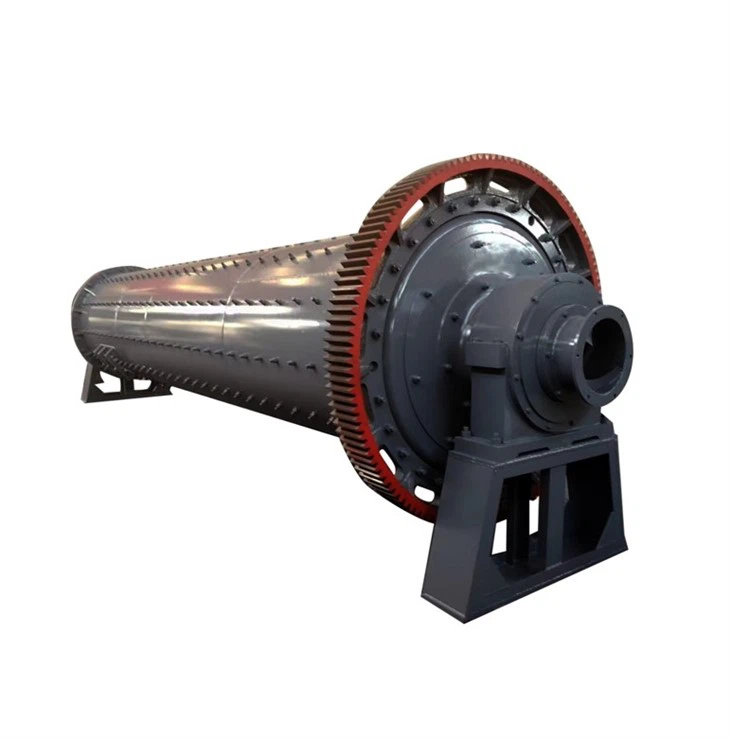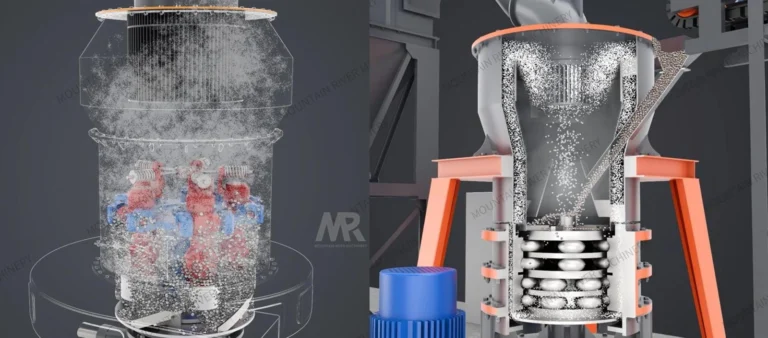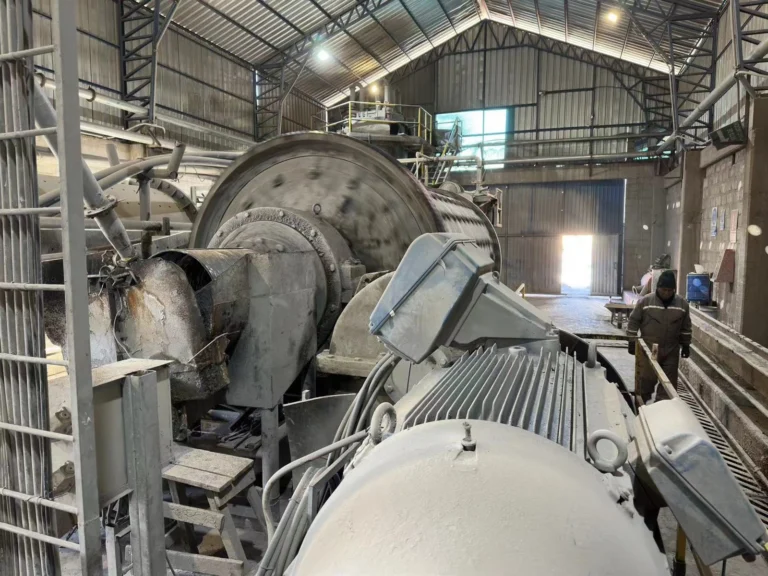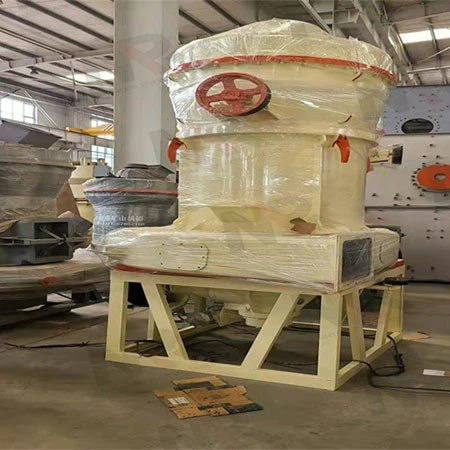What Is The Difference Between Mobile Crusher And Fixed Crusher?
Crushers play a vital role in various industries, from mining and construction to recycling and agriculture. They are machines designed to reduce the size of different materials such as rocks, stones, and gravel. Two common types of crushers used in these industries are mobile crushers and fixed crushers. While both serve the same purpose of crushing materials, there are key differences between them. In this article, we will explore and analyze these differences in detail, highlighting their advantages and disadvantages.
Mobility
One of the most significant differences between mobile crushers and fixed crushers lies in their mobility. As the name suggests, mobile crushers are designed to be easily transported from one location to another. They are mounted on a wheeled or tracked chassis, allowing them to move freely around the work site. This mobility provides several advantages. Firstly, it enables easy relocation of the crusher to different mining or construction sites, saving time and cost associated with transportation. Secondly, it allows for on-site crushing, eliminating the need to transport materials to a fixed crusher. This is particularly beneficial in remote or inaccessible areas.
On the other hand, fixed crushers are stationary and permanently installed at a specific location.They cannot be easily moved or relocated. While this lack of mobility may seem like a disadvantage, it has its own merits. Fixed crushers are generally more robust and durable compared to mobile crushers due to their stationary nature. They are also typically larger in size, allowing them to handle larger volumes of materials. Additionally, fixed crushers are often equipped with more advanced features and technology, making them suitable for heavy-duty applications.
Flexibility
Another significant difference between mobile crushers and fixed crushers is their level of flexibility.** Mobile crushers are highly flexible, allowing operators to adjust the settings and configurations according to the specific requirements of the job. This includes adjusting the feed size, crushing capacity, and discharge setting. The ability to modify these settings on the go provides greater control and adaptability. Mobile crushers can be used for a wide range of applications, from primary crushing to secondary and tertiary crushing stages.
In contrast, fixed crushers offer less flexibility in terms of adjusting settings. Once installed, their configurations are typically fixed and cannot be easily changed. This may limit their suitability for different types of materials or specific job requirements. However, fixed crushers are generally designed and optimized for specific tasks, such as primary crushing or fine crushing. They are often equipped with specialized features and attachments intended for specific applications.
Infrastructure Requirements
The infrastructure required for mobile crushers and fixed crushers is significantly different.Mobile crushers are self-contained units that do not require extensive infrastructure or support systems. They are powered by diesel engines or electric motors and only need a source of fuel or electricity. This makes them more suitable for remote areas or locations with limited access to infrastructure. Additionally, mobile crushers do not require a permanent foundation or structure, further simplifying their setup and installation process.
On the other hand, fixed crushers require a stable foundation and support structure. They are typically installed on concrete slabs or steel frameworks to ensure stability and proper operation. Fixed crushers also require a reliable source of electricity for their motors and auxiliary equipment. This makes them more suitable for well-established facilities, construction sites, or mining operations that have the necessary infrastructure in place.
Cost and Maintenance
The cost and maintenance associated with mobile crushers and fixed crushers also differ significantly. Mobile crushers generally have a higher initial cost compared to fixed crushers. This is primarily due to the complexity of their design and the inclusion of additional features for mobility. However, mobile crushers offer cost savings in the long run. They eliminate the need for transportation equipment and reduce fuel or electricity consumption. Additionally, mobile crushers can be rented or leased for specific projects, further reducing the initial investment cost.
Fixed crushers, on the other hand, have a lower initial cost but may require higher maintenance expenses over time. As they are subjected to constant wear and tear, regular maintenance and replacement of parts are necessary to ensure their optimal performance. Fixed crushers also require periodic inspections and repairs, which can add to the overall maintenance cost. However, these costs can be offset by their longer lifespan and durability.
Conclusion
In conclusion, the difference between mobile crushers and fixed crushers lies in their mobility, flexibility, infrastructure requirements, and cost. Mobile crushers offer greater mobility and flexibility, enabling on-site crushing and easy relocation. They require minimal infrastructure and can be tailored to specific job requirements. However, they have a higher initial cost and may incur higher maintenance expenses over time. On the other hand, fixed crushers are stationary and more robust, suitable for heavy-duty applications. They may require a stable foundation and infrastructure but offer lower initial cost and longer lifespan. The choice between mobile crushers and fixed crushers depends on various factors, including the specific application, budget, and operational requirements.






